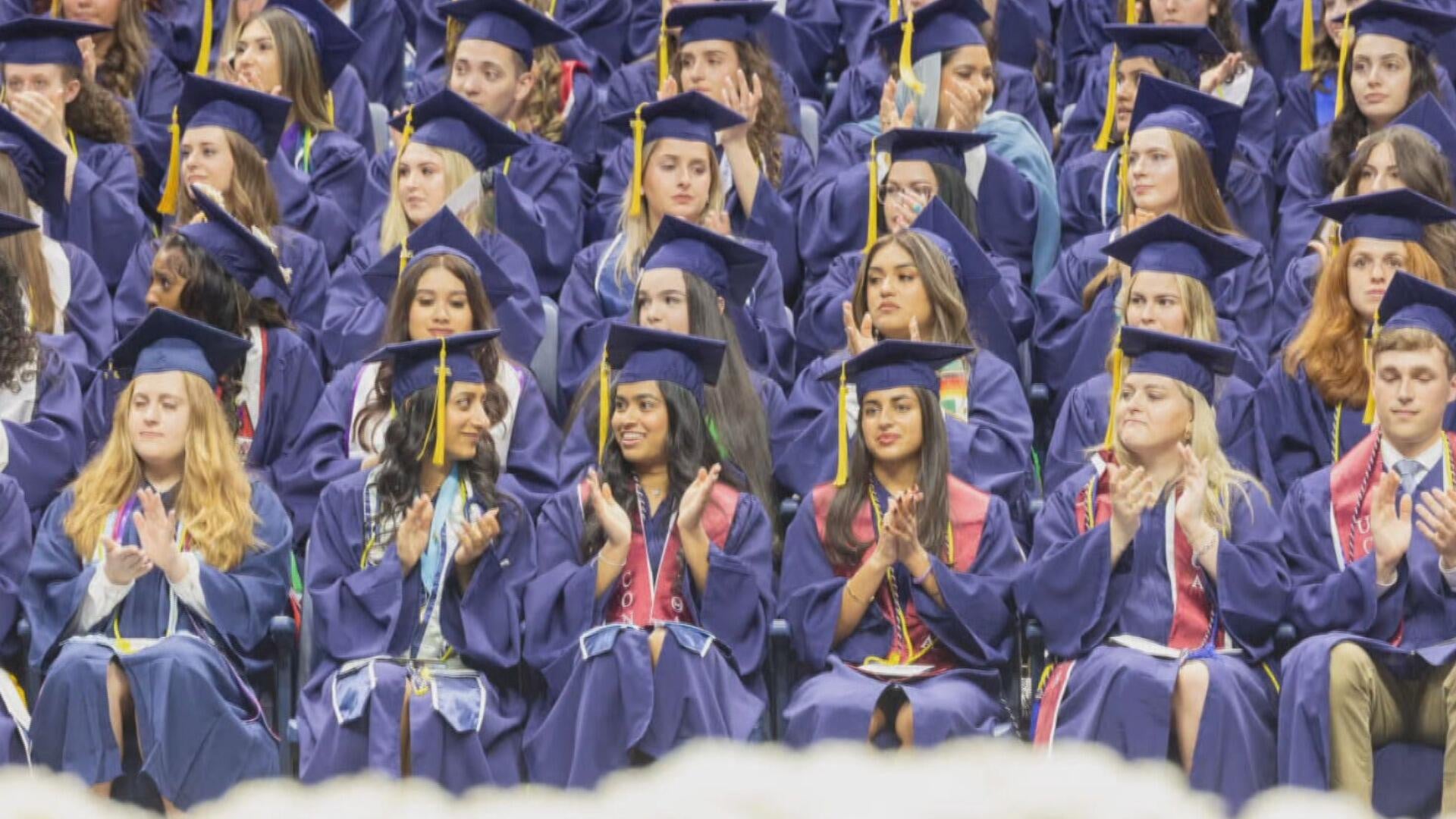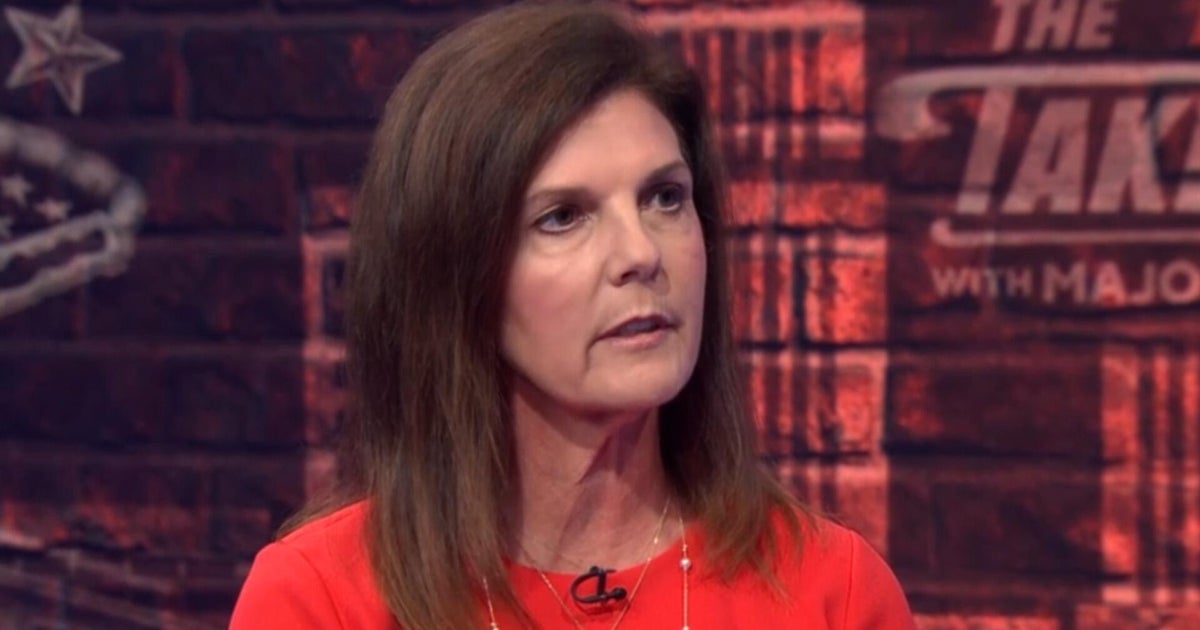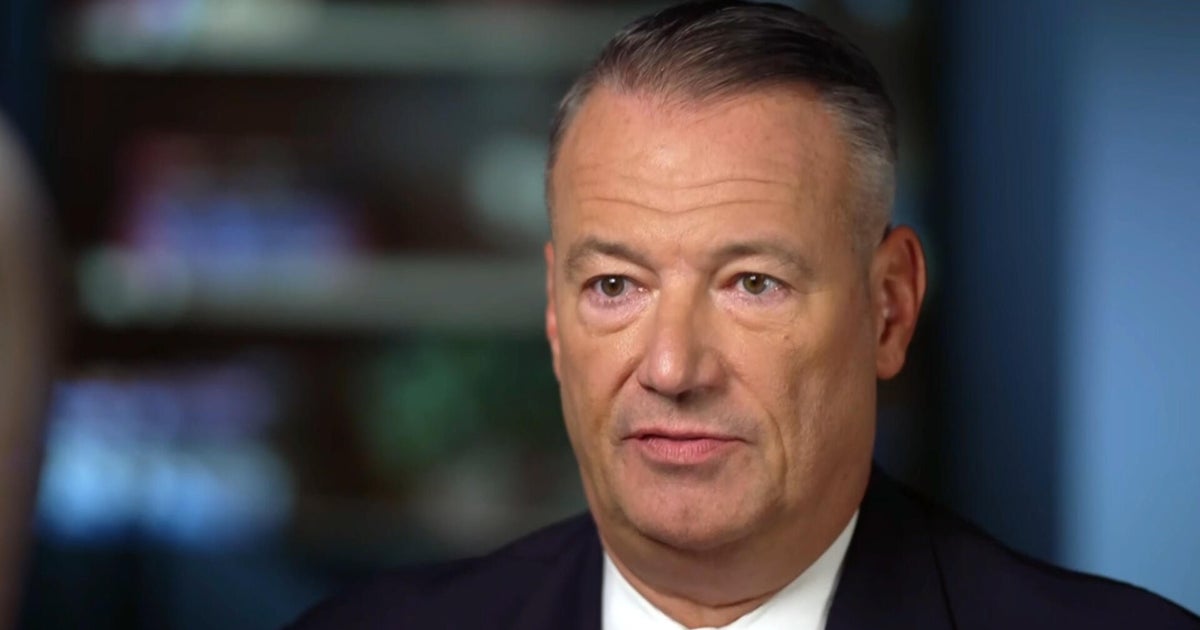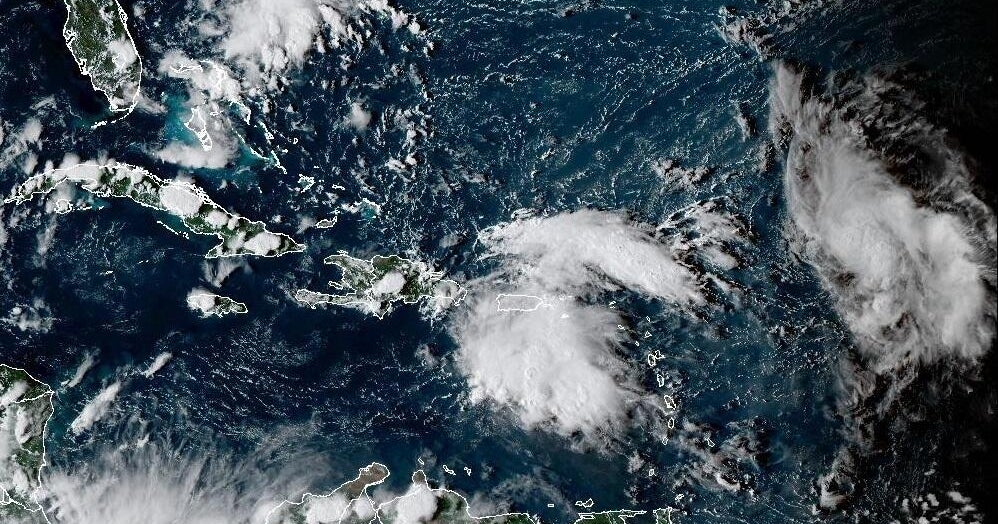College grads struggle to find jobs

Retailers around the U.S. are expected to sharply reduce the number of workers they add for the holidays, a shift from their usual seasonal hiring sprees to help cope with the annual crush of customers.
Outplacement firm Challenger, Gray and Christmas attributes the weak demand for extra workers this year to companies bearing the heavier costs from U.S. tariffs on foreign goods, as well as on rising inflation and their growing reliance on technology to improve efficiency.
The firm expects retail hiring fo the holidays to fall to its lowest level since 2009, when the economy was emerging from a recession caused by the global financial crisis.
"Seasonal employers are facing a confluence of factors this year: tariffs loom, inflationary pressures linger, and many companies continue to rely on automation and permanent staff instead of large waves of seasonal hires," Andy Challenger, workplace expert and senior vice president of Challenger, Gray & Christmas, said in a statement.
The weaker seasonal hiring forecast comes as the U.S. job market is faltering. Employers added only 22,000 jobs in August, falling far short of economists' expectations.
Inflation has also edged up in recent months. The Consumer Price Index, which in March had sunk to an annual rate of 2.3%, in August rose at a 2.9% pace from a year ago.
In the last quarter of 2024, retailers added just over 543,000 seasonal workers, down roughly 4% compared to 2023. Companies are projected to add fewer than 500,000 jobs during the last three months of 2025, according to Challenger. Such a figure would mark the smallest seasonal gain in 16 years.
Challenger pointed to fewer seasonal hiring announcements than usual from retailers as a sign they plan to hire fewer workers for the holidays.
"While we could see a late hiring push if holiday sales surprise to the upside, the cautious pace of announcements so far suggests that companies are not betting on a big seasonal surge. This year may be more about doing more with less," Challenger said.
Tariffs are causing some consumers to pull back on spending, recent data shows. An August survey of consumers from the University of Michigan found that most U.S. adults plan to spend less on goods that see tariff-driven price hikes. Just 24% of consumers surveyed said they expected to spend as usual on items that rise substantially in price, according to the report.
Tariffs have already driven up the cost of some categories of goods for U.S. consumers. For example, in August, audio equipment rose in price by 12% compared to one year earlier, while the cost of household goods rose 10%, the latest Consumer Price Index report shows.
"A wave of uncertainty is impacting not just retailers, but also consumers heading into the final quarter of the year. With hiring slowing across the board, Retailers may hire fewer workers themselves, while many of their shoppers slow spending," Challenger added.
Megan Cerullo is a New York-based reporter for CBS MoneyWatch covering small business, workplace, health care, consumer spending and personal finance topics. She regularly appears on CBS News 24/7 to discuss her reporting.


















































